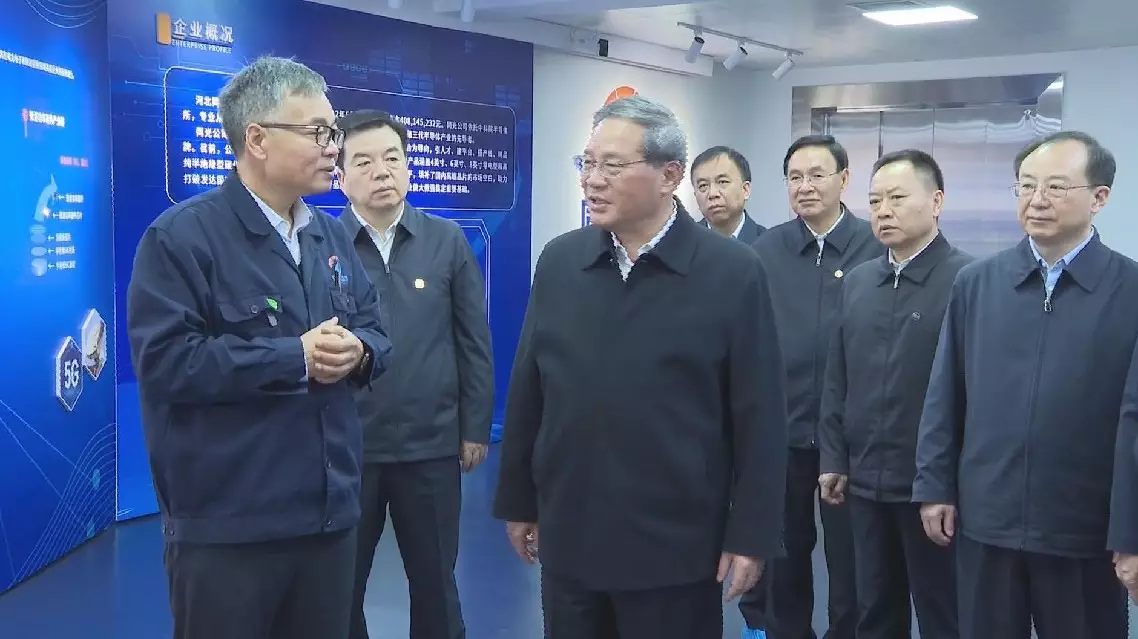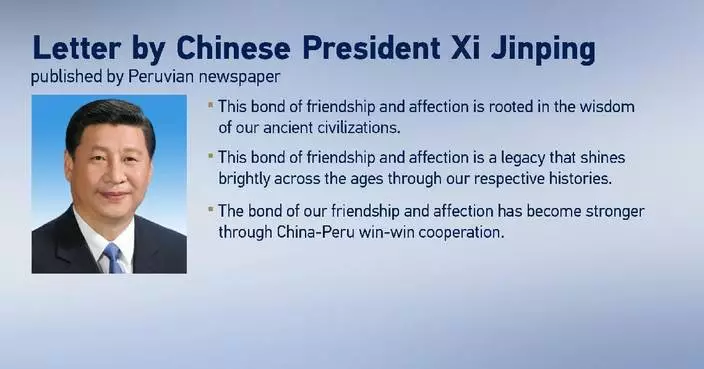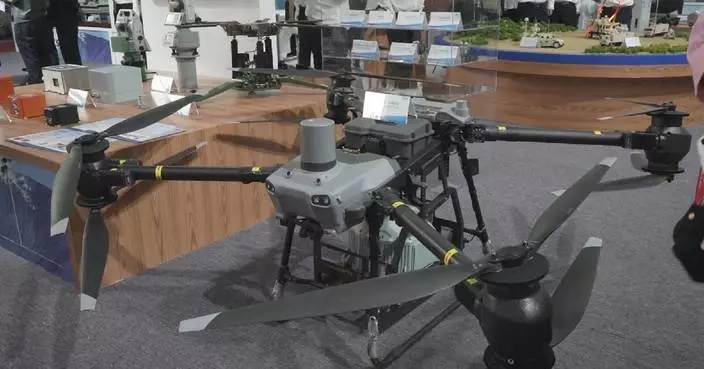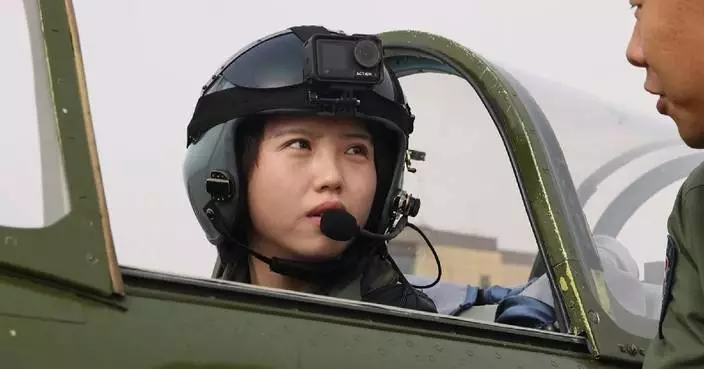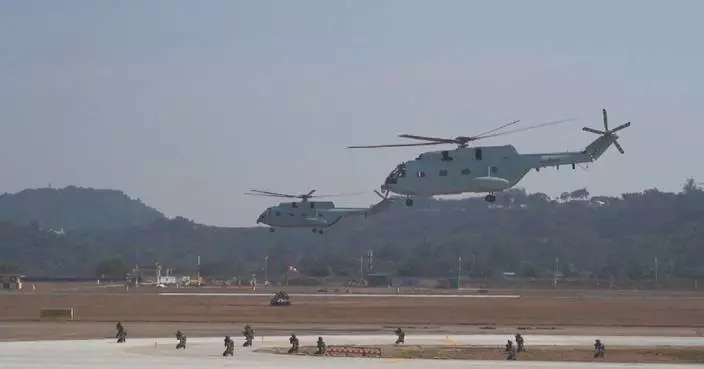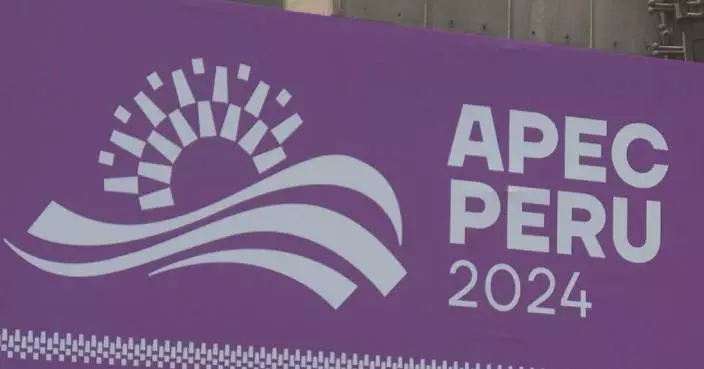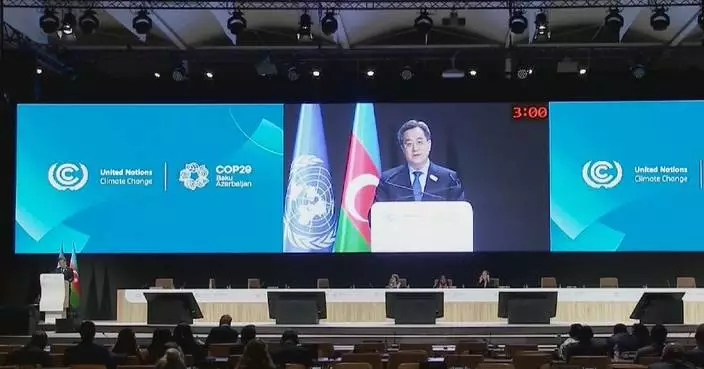As Global South scholars gather in east China's Nanjing City for dialog, a special ceremony was held Thursday to officially launch the Global South Think Tanks Alliance, a new platform for intellectual exchange and collaboration on common challenges and opportunities.
The second Global South Think Tanks Dialog opened that day in Nanjing, Jiangsu Province. Themed "equality, openness and cooperation," the event brought together about 400 scholars and representatives from over 100 countries. One of the highlights was the formal establishment of the Think Tanks Alliance, which is designed to foster deeper ties among research institutions in the Global South.
The initiative was first announced by Chinese President Xi Jinping last month during the BRICS Plus leaders' dialog at the Kazan summit. Xi said that China will lead the establishment of such a think-tank alliance among Global South nations to promote people-to-people exchanges and mutual learning on governance. The proposal has been warmly accepted by many of these countries.
The alliance already includes over 100 think tanks across emerging-market and developing nations, alongside prominent Chinese universities and research institutions such as Tsinghua University, Renmin University, the Chinese Academy of Social Sciences, and the China Media Group Think Tank.
China has emphasized that the alliance is based on a voluntary membership structure, with no binding agreements.
One of the international guests, Seychelles' political party leader Patrick Herminie, highlighted the importance of such South-South cooperation mechanisms in promoting a more balanced multi-polar world order.
"Today, the world is a unipolar one, and there is an urgent need to have a new world order. And a combination of BRICS Plus and the Global South alliance will play that role. Because after all, the vast majority of resources, both human and material, are in what we call the Global South," said Herminie, chairman of United Seychelles and former speaker of National Assembly of Seychelles.
Jin Xin, director of the Research Office of the International Department of the Communist Party of China (CPC) Central Committee, said that the gathering in Nanjing offers think tank members valuable opportunities to familiarize themselves with one another's research areas and talent.
"The think tanks can pair with each other. In the future, they will conduct joint research and publish joint reports. These reports will not just be limited to Global South cooperation but can also be related to the regional development and synergy of the development strategies of these nations," Jin said.
The alliance also aims to create more regional and global platforms for scholarly dialogs. China says it will host no fewer than 2,000 scholars from Global South countries over the next five years for forums and discussions aimed at sharing perspectives and advancing international collaboration.
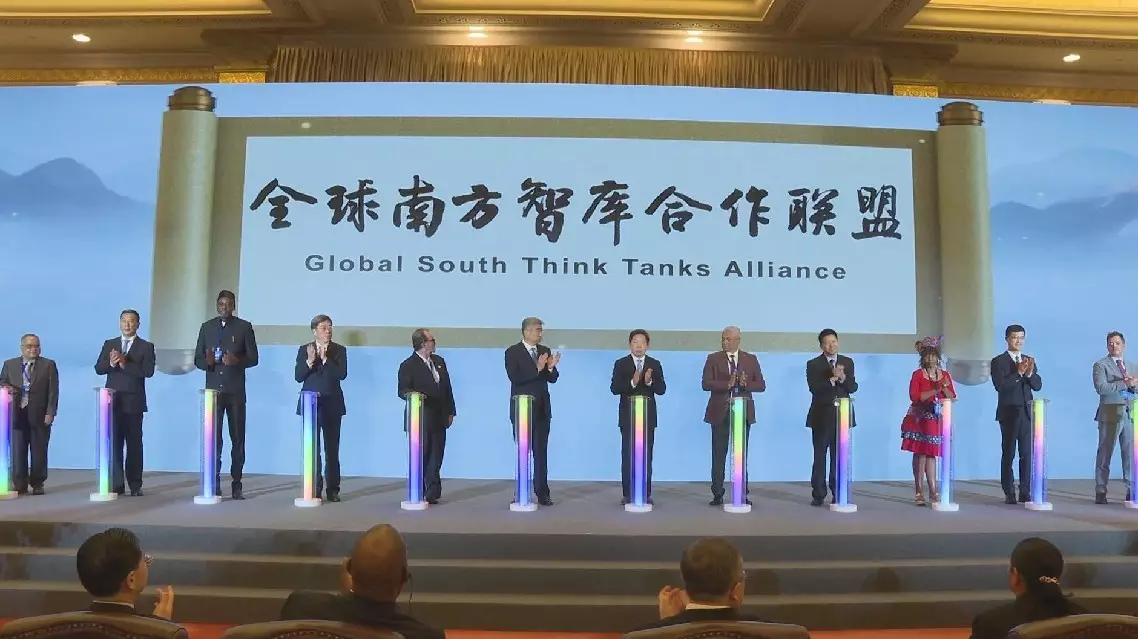
Global South Think Tanks Alliance launched in Nanjing


